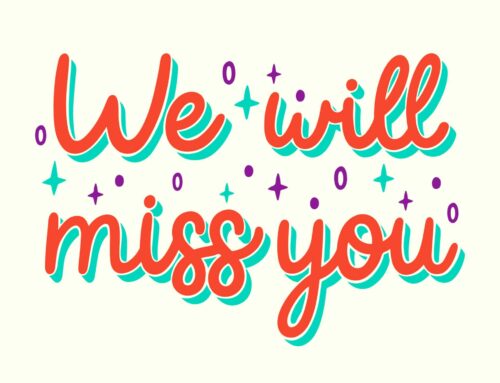 First of all: honorable and serious companies do not “bullshit” you. We are in a candidate market – and in a certain way have been for decades – and it would be shortlived to overpromise in the job interview and underdeliver once the candidate has started.
First of all: honorable and serious companies do not “bullshit” you. We are in a candidate market – and in a certain way have been for decades – and it would be shortlived to overpromise in the job interview and underdeliver once the candidate has started.
However, it happens regularly that candidates pass the interview process, sign a work contract and find out on day 1 that this is not what they has been discussed.
What are the reasons?
- External reasons: The economic environment can change faster than we think (e.g. pre and post Covid), the loss of a major client can have an impact on entrepreneurial decisions. Depending on where you or your major clients live, political factors can influence the strategic decisions of your organization
- Internal reasons: An infrastructure can change and if key-players join – or leave – an organization, this can have an impact on the role you discussed in the job interview. Also, a strategy can be revised for whatever reason and divisions can be outsourced, sold or closed. Investments that were approved when you were hired (and which should should have paid your salary) can be cut
How can you reduce the risks this will happen to you?
- Do your homework: Not all jobs have a job description and as of a certain level, you cannot ask for one if you want to remain credible. However, 75% of what you should spend your energy and time on should be defined in advance. Ambiguous answers on your questions can be an indicator that things will change (namely everything your contact was not able to respond to)
- Ask specific questions: “How will we measure success?”, “What will define this role’s success or failure?”, “Which changes will or may the organization undergo in the next 6 months and how will that impact this role?”
- Ask general questions: “What can change from today until then?”, “What could go wrong?”, “The job seems clear to me. Is there anything we have not discussed that could have an impact on the job?”
Conclusion:
Surprises are usually good for a kids’ birthday party and usually bad in a corporate context, especially when it’s about job interview that will determine the content of your next career move. And if your new job changes during the first months, this will be bad most of the times.
Yes, the future is unpredictable and in rough times like these, things can change fast. Benjamin Franklin said “an ounce of prevention is worth a pound of cure”: Do your research, reduce risks as good as you can – and if it still does not work out, call a headhunter you trust.






